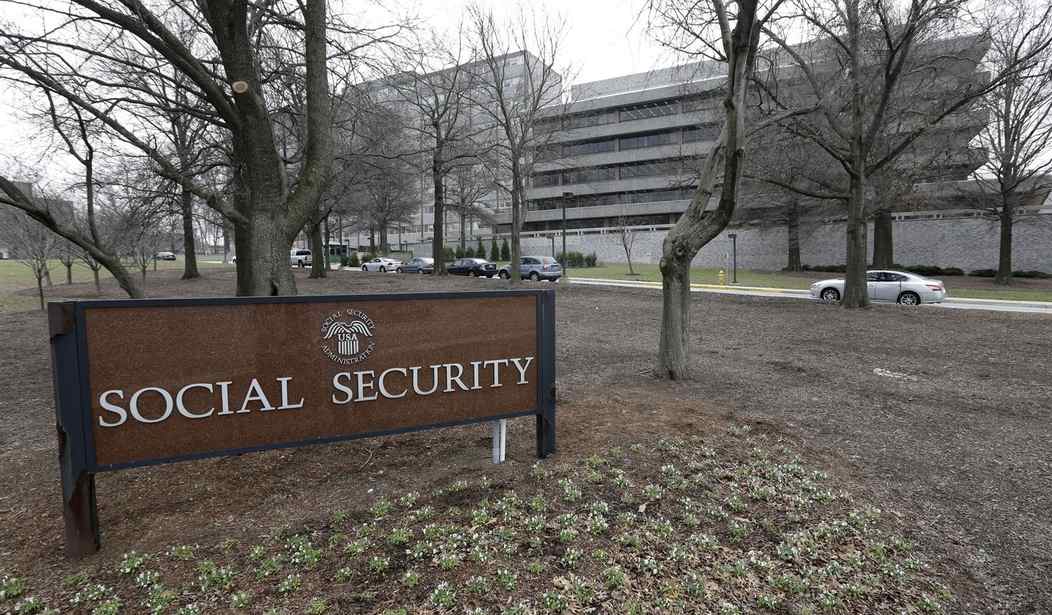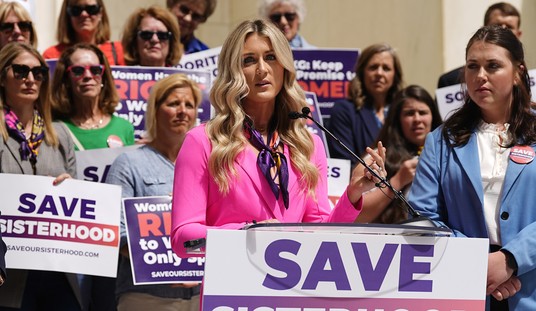(The opinions expressed in guest op-eds are those of the writer and do not necessarily represent the views of RedState.com.)
Most Americans know they are able to claim benefits from Social Security at any age between 62 and 70, where claiming later in life results in higher monthly checks, but fewer of them. Unfortunately, most are unaware that early retirement is by and large a bad decision for the individual, and a poor choice to offer workers approaching retirement.
It is a 50-year-old solution to a 50-year-old problem, shaping the way people retire today.
By way of background, the rules for early retirement were established in 1961, and expanded in 1983 to reflect the gradual increase in normal retirement age. The feature was added to Social Security to give retirees the ability to spread the same level of projected lifetime benefits over a retirement that may not line up with the fixed traditional timeline defined in law. According to the Social Security Administration, early retirement was created by Congress to offset the economic difficulty “faced by many older men who have been displaced from their jobs before they reached retirement age Congress in 1961 to reduce from 65 to 62.”
While early retirement sounds great, the retiree accepts a reduction in monthly benefits that lasts a lifetime. According to the Social Security Administration, the total benefits received by a retiree over a normal lifetime will be essentially the same whether they claim at 62, 67, or 70. In theory, the claiming date changes when you collect benefits — not how much.
Thus, the working principle behind early retirement is: People should retire for a longer period of time, on less annual income.
How is that strategy working? Not well, according to Democratic lawmakers who believe that Social Security benefits need to be expanded. They, of course, see a problem and ignore the cause. If benefit checks are too small, the cause is the number of people who take benefits early. In 2020, the average benefit claim in total was $1,635.95. The checks not penalized for early claiming averaged $1,917.54.
The whole point of Social Security is to provide a hedge against the costs of living over a long time. In contrast, early retirement offers the retiree money now, in exchange for less security in the future. That decision is not terribly different from buying a faster car with cash saved by buying less auto insurance.
The downside of this strategy is that many of these retirees will live long enough to regret the decision. A new retiree today expects to live to roughly 85 on average. Today’s 85-year-old became eligible for benefits at 62, in 1997. That year, nearly 70 percent of retirees took the money early in exchange for permanent reductions to the level of benefits. Democrats now argue that the program needs to provide a five percent increase in benefits to the people who traded away their benefits in the past.
Allowing people to trade future security for money now has a predictable outcome. According to the National Bureau of Economic Research, the enactment of the Early Eligibility Age in the 1960s led to a one percent rise in the overall poverty rate from 1968 to 2001 in the elderly beneficiaries, poverty which tended to focus on lower-income households.
The story actually gets worse because the “actuarial adjustments” have deteriorated over the decades since the last update. The fact is that people are living longer. As they do, early retirement actually reduces lifetime benefits. According to research from the Center for Retirement Research, outdated actuarial adjustments penalize retirees who claim at the age of 62 by about 10 percent, or $120 per month. If retirees knew this fact, maybe 62 wouldn’t be the most popular age to claim benefits.
If 10 percent doesn’t sound like a lot, keep in mind that Democrats in Congress want to plug the holes in the finances of seniors with a system-wide increase of two percent.
I do not have a solution here. Giving people the choice to trade future security for money now isn’t clear thinking. Moreover, there is no reason to think that Congress will monitor a revised policy any better. If we have laws unsupervised for 50 years, the policy works only as a matter of luck rather than forethought.
Early retirement will be 62 next year. It is time that it retires for good.
Brenton Smith is a policy advisor at The Heartland Institute, with work appearing in nationally recognized publications including Barron’s, Forbes, MarketWatch, The Hill, USA today, and more.














Join the conversation as a VIP Member